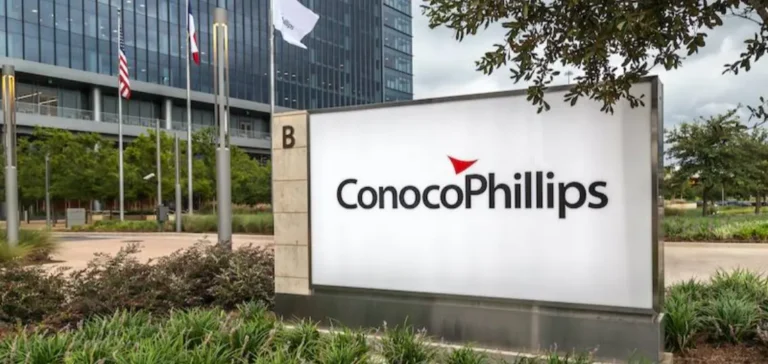ConocoPhillips announced an increase in its quarterly dividend and raised its annual production forecast, despite growing concerns over the cost of its Willow oil project in Alaska. The total capital expenditure for the project has been revised to a range of $8.5bn to $9bn, from a previously lower estimate, due to inflation.
A key project becoming more expensive
Executives attributed the $1.5bn increase in the budget to persistent inflation, affecting construction and procurement costs. ConocoPhillips Chief Executive Officer Ryan Lance stated that the company had taken measures across its portfolio to offset the increase, while expressing disappointment over the revised costs. In response, the company’s stock fell 1.5% during the session.
Despite these pressures, third-quarter financial results exceeded expectations, driven by higher output and cost reductions across other assets. The company benefited notably from synergies stemming from the acquisition of Marathon Oil, completed last year for $22.5bn, which is expected to generate more than $1bn in savings.
Record output and growth strategy
Third-quarter production reached 2.4 million barrels of oil equivalent per day (boepd), up 482,000 boepd year-on-year, supported by performance in US onshore fields including the Delaware and Eagle Ford basins. For the fourth quarter, ConocoPhillips expects production between 2.30 million and 2.34 million boepd.
The company increased its dividend by 8% to $0.84 per share and raised its 2025 annual production forecast to 2.375 million boepd. It also reduced its 2025 operating cost estimate to $10.6bn, down from a previous range of up to $10.9bn.
Mid-term outlook and targeted investments
ConocoPhillips expects around $12bn in capital expenditure in 2026, with operating costs lowered to $10.2bn. Underlying production growth is projected to reach up to 2%, supported by projects such as the Willow development and liquefied natural gas (LNG) initiatives along the US Gulf Coast.
For the quarter ended September 30, the company reported adjusted earnings of $1.61 per share, beating analysts’ expectations of $1.43, according to data compiled by LSEG.






















